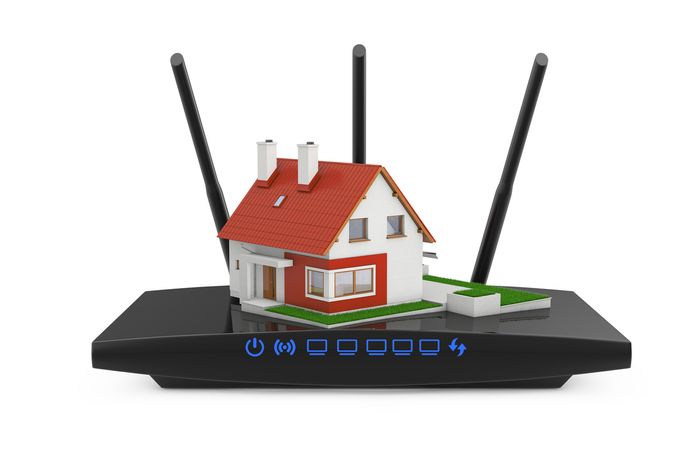
Do you feel the need, the need for router speed?
One of the most common complaints about computers is their speed, but when it comes to the internet, a lot of those variables are outside the reign of your computer itself. There are many external factors that could be slowing your internet down, your router being a key component in how quickly you are able to you surf the web.
The main one – of course – is the speed of the internet that you are paying for. If you are only spending a little bit a month on a low-speed plan, then you should expect to get low speeds. But if you are getting speeds much lower than what you are paying for – and a simple online speed test can tell you -- there could be myriad reasons why.
The internet is essentially a stream of data, but think of it like an actual water stream. Different parts of it can cause bottlenecks, making the once-rushing water to become a trickle by the time it finally reaches the end that is you on your computer. We wouldn’t suggest diving down a dry waterfall, and you shouldn’t surf the internet on a dry and bad connection, either. Let’s see what we can do today to get that data flowing again!
Wireless vs. Wired
This is probably one of the first things you should look at when trying to diagnose a problem with internet speed. There are a few hard facts of life: death, taxes, and that wireless connections just aren’t going to be as good as wired ones.
Even if your stream is a raging river full of rapids, if it evaporates into the thin air, it’s going to lose some of its potency, right? Yes. The answer is yes.
This is what happens with your wireless connections, too. Even if you have super-fast internet coming into your router, if you are only using a wireless connection, you can expect to see much slower speeds. When speed is concerned, always go with a hardline, wired connection.
Router Type
Let’s stick to the metaphor a little further here – if you are surfing the ocean on a piece of driftwood, you aren’t going to go as fast as if you are using a top-of-the-line professional surfboard.
The same is true for internet – if you are using an old and dilapidated router, your surfing speeds are going to be just like that of the driftwood: sinkingly slow.
In most cases, your Internet Service Provider (ISP) will probably provide you with a router, and many of these routers are going to be ... probably not good. We always recommended that you get your own router – one that can handle the latest wireless and wired standards and has decent speed.

Identifying Interference
So, if you still have slow internet, what else could the problem be? Again, loads of things.
If you live in a dense city or apartment complex, Wi-Fi interference could be an issue. If you go into your router settings on your computer (usually just by typing in 192.168.1.1 into an internet browser), you can often change what channel the router is operating on. Most people don’t do this, so most routers end up working on the same channel. Messing with these settings can help on the wireless end, at least.
Internet speed can be a tricky river to navigate, but hopefully with these helpful tips, you feel a little more confident braving those rapids for yourself than you did before.
And if not – don’t worry about it! We’re always here to help you with all of your electronics-related needs, so come on by and say hi! We don’t gigabite, we promise.